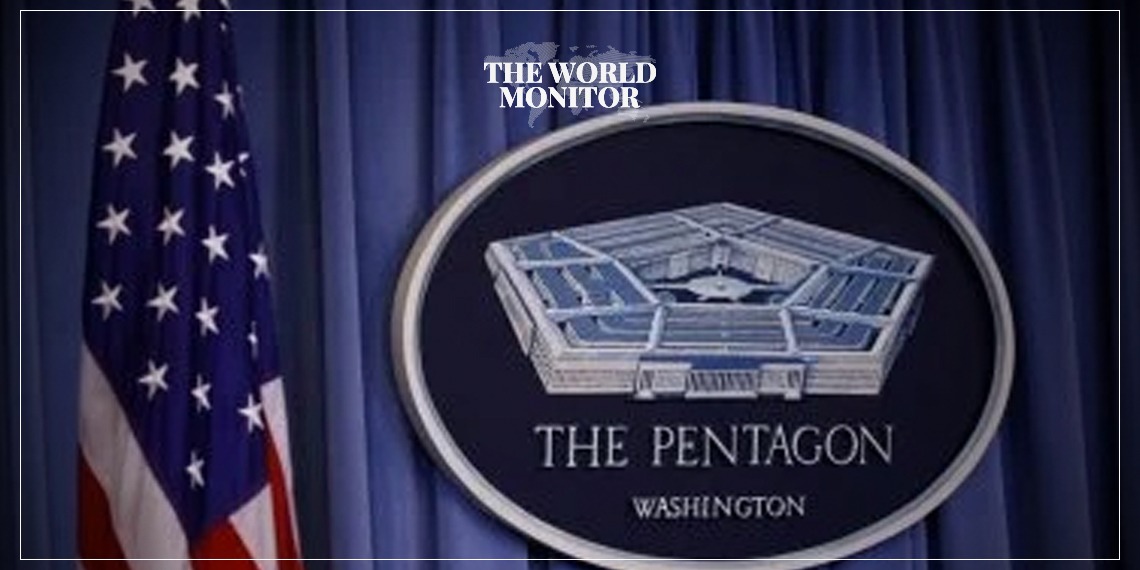The US Department of Defense, the Pentagon, has affirmed Washington’s efforts to expand cooperation with Gulf countries to counter the threats posed by the Houthis in the region.
The Pentagon clarified in a statement on Wednesday that meetings of defense working groups between the Gulf Cooperation Council and the United States were held in Riyadh with the aim of enhancing cooperation against aerial and maritime threats. It added that these meetings are of great importance amid a phase of challenges, particularly with the growing threats from “Iranian proxies,” as reported by the US channel Alhurra.
It pointed out that the Houthis possess weapons capable of reaching the Mediterranean Sea, but no attacks have been detected in that area yet, indicating that Iran’s destabilizing and dangerous behavior has prompted further cooperation between Washington’s partners and given momentum to Gulf-American defense working group meetings.
Since last November, the Houthis in Yemen have been attacking Israeli ships or those headed to Israel in the Red Sea, “in support and victory for the Palestinian people and Gaza.”
Economically, the Houthi attacks have disrupted shipping routes that are crucial for global trade, particularly affecting the transport of goods from Asia to Europe via the Suez Canal. This disruption has led to increased shipping costs and prolonged delivery times, affecting various industries worldwide. For instance, rerouted shipping has increased fuel costs significantly, impacting the prices of goods and potentially contributing to global inflation during a cost-of-living crisis.
Both the United States and Britain accuse the Houthis of threatening navigation freedom in the Red Sea and the Gulf of Aden, while Ansar Allah insists that they only target ships associated with Israel in solidarity with Gaza, which is facing a bloody war and a blockade imposed by Israel.
The United Nations Security Council has also discussed the impact of these attacks within a broader regional instability context, linking it to ongoing conflicts such as the war in Gaza. These discussions underscore the complex geopolitical dynamics at play and the potential for further escalation affecting regional peace and global trade.






